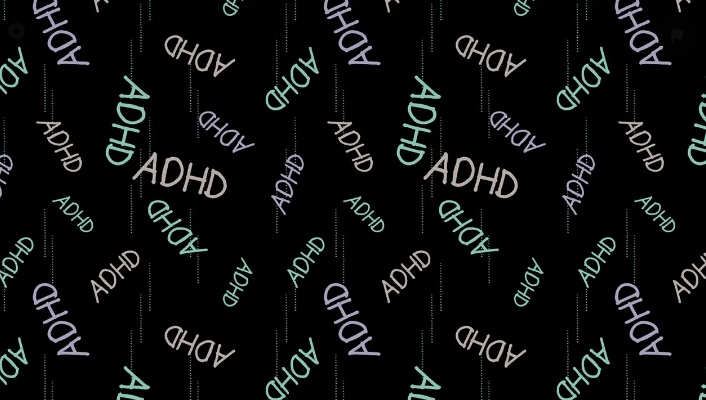
@ShahidNShah


ADHD symptoms often emerge and become noticeable during early childhood. As a parent, being able to recognize the signs of ADHD is important for getting your child the support they need. While only a professional evaluation can diagnose ADHD, there are many behavioral indicators that may suggest your child has this condition. Being aware of the key symptoms to look out for can help you determine if pursuing an ADHD assessment could benefit your child.
Inattention
One of the core symptoms of ADHD is inattention or difficulty staying focused. Some signs of inattentiveness in children include:
If your child shows a pattern of inattention, especially in comparison to peers, it may be an indicator for ADHD. The key is looking for attention challenges that are excessive for the child’s age and that interfere with learning and development.
Hyperactivity
Excessive hyperactive behavior is another primary characteristic of ADHD. Some indications of hyperactivity include:
Hyperactive children often show high levels of physical energy and a need to stay busy. They may have trouble adapting this high activity level to structured school settings.
Impulsivity
Impulsivity or difficulty with self-control is another major symptom cluster of ADHD. Signs of impulsive behavior may include:
Impulsive children often fail to think through the consequences of their actions. They may take unnecessary risks and struggle with self-regulation. An ADHD diagnosis can help some parents understand why their child is prone to impulsivity, combat stigma, and make more informed decisions to reduce accidents and danger.
Impact on Development
For a diagnosis of ADHD, symptoms must negatively impact the child’s development and functioning. Some developmental warning signs to watch for include:
Any patterns of inattention, hyperactivity or impulsivity that interfere with a child’s learning, socialization, or appropriate behavior for their age may point to ADHD as a possibility.
Next Steps
If your child regularly exhibits signs of inattention, hyperactivity and/or impulsivity, share your observations and concerns with their pediatrician. There are validated checklists and rating scales that can help assess ADHD symptoms. Depending on the results of the ADHD assessment tool, the doctor may recommend further evaluation by a child psychologist or psychiatrist to determine if an ADHD diagnosis is warranted and discuss treatment options such as behavioral therapy, school accommodations and/or medication.
Catching ADHD early allows for earlier intervention to help manage symptoms and promote your child’s success.

As the NHS faces unprecedented demand, prevention and self-management will be critical approaches for reducing waiting lists and easing workforce pressures. In 2018, a Health Foundation study of 9,000 …
Posted Oct 14, 2024 Patient Engagement Patient Portal
Connecting innovation decision makers to authoritative information, institutions, people and insights.
Medigy accurately delivers healthcare and technology information, news and insight from around the world.
Medigy surfaces the world's best crowdsourced health tech offerings with social interactions and peer reviews.
© 2025 Netspective Foundation, Inc. All Rights Reserved.
Built on Apr 21, 2025 at 5:57am